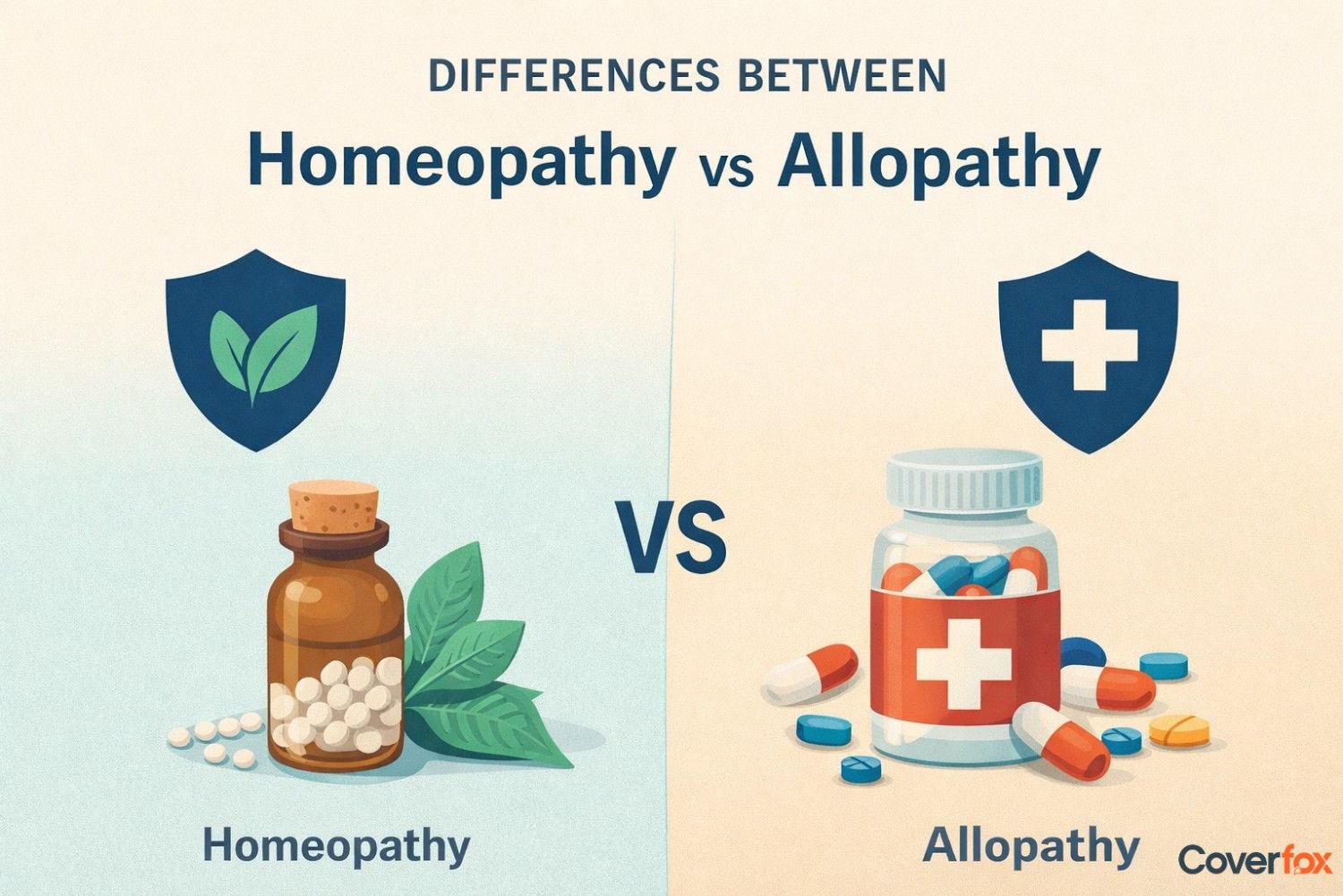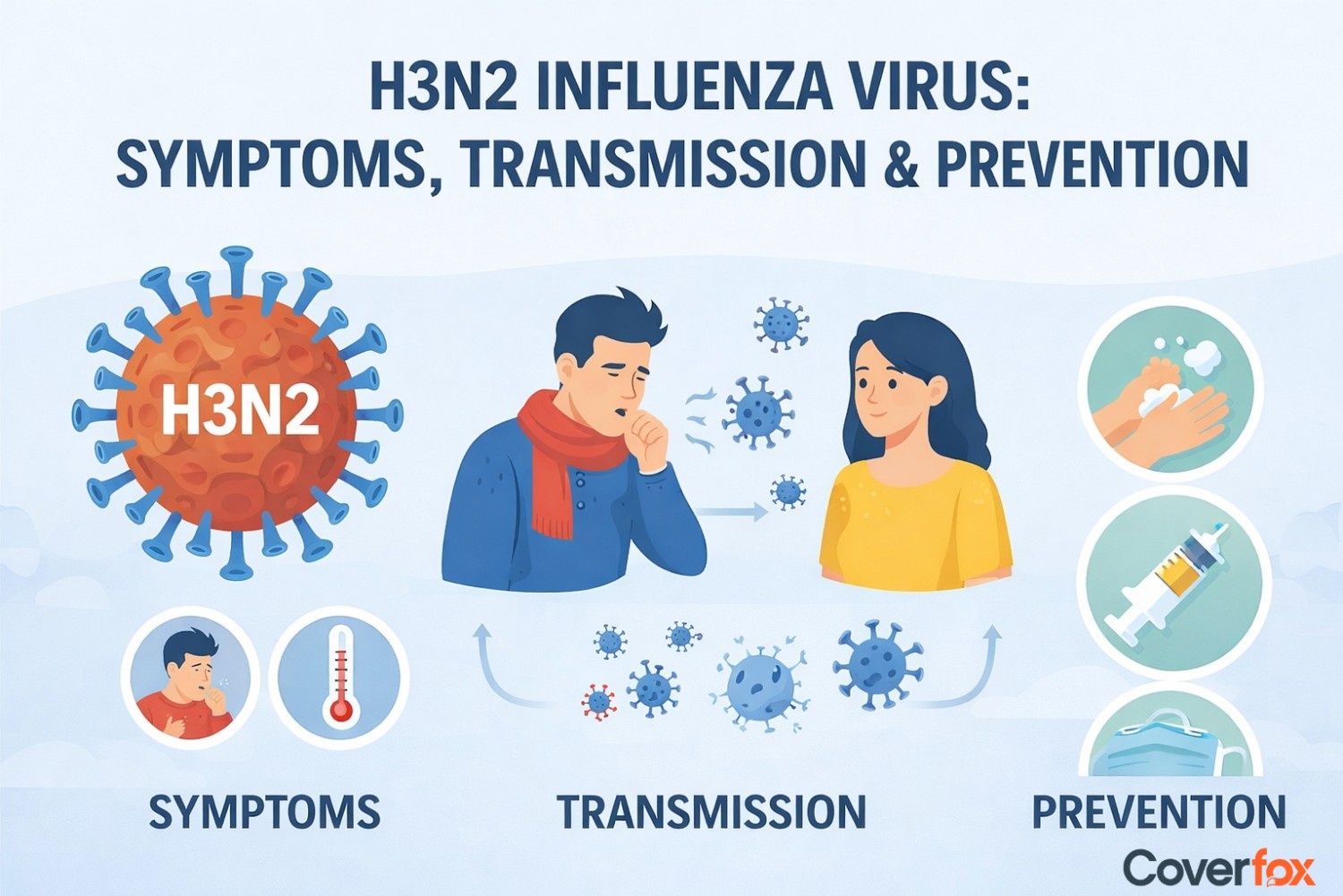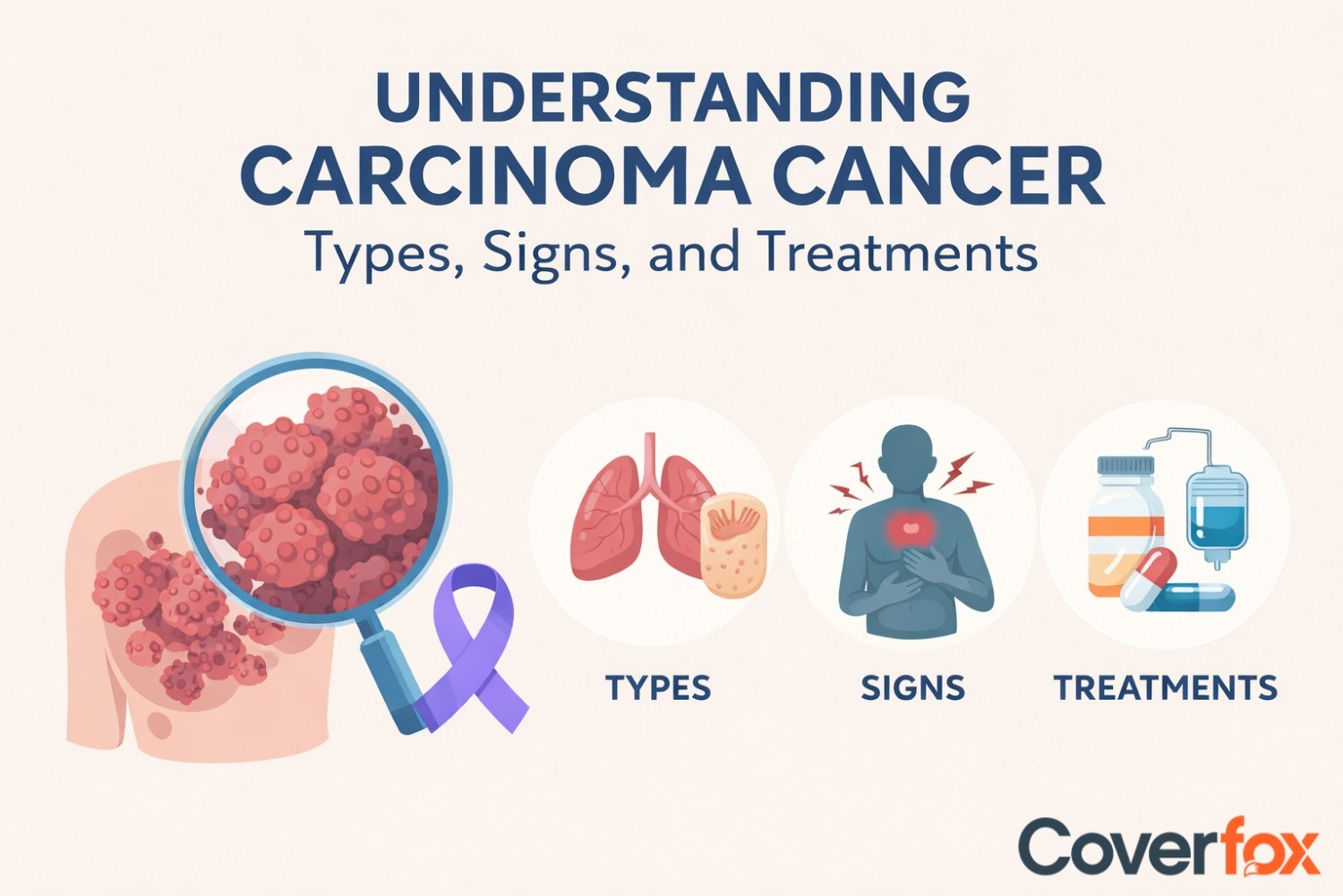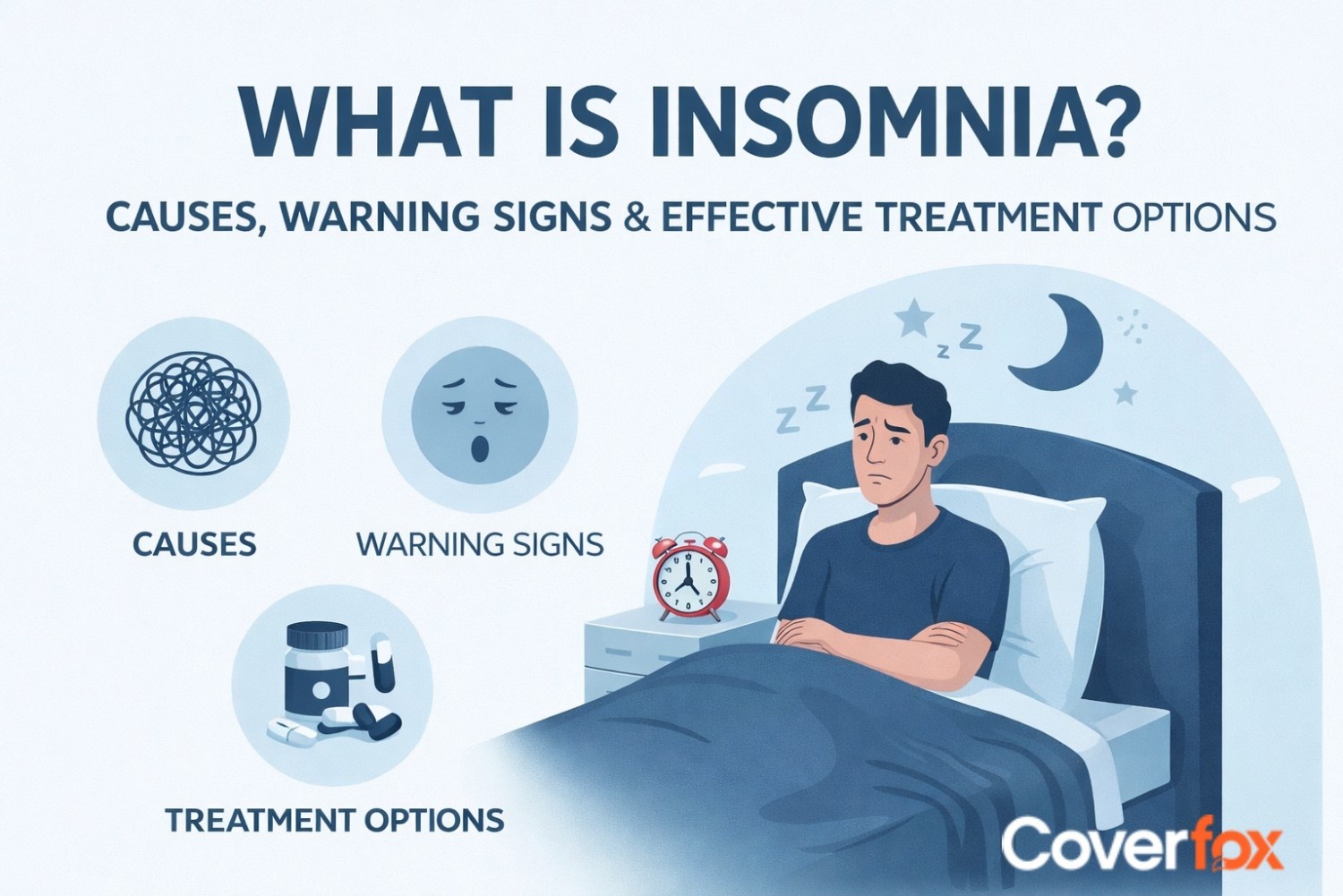During times of medical emergency, a blood transfusion can end up saving a life. However, only certain blood types can match with each other, as not all blood types are created equal.
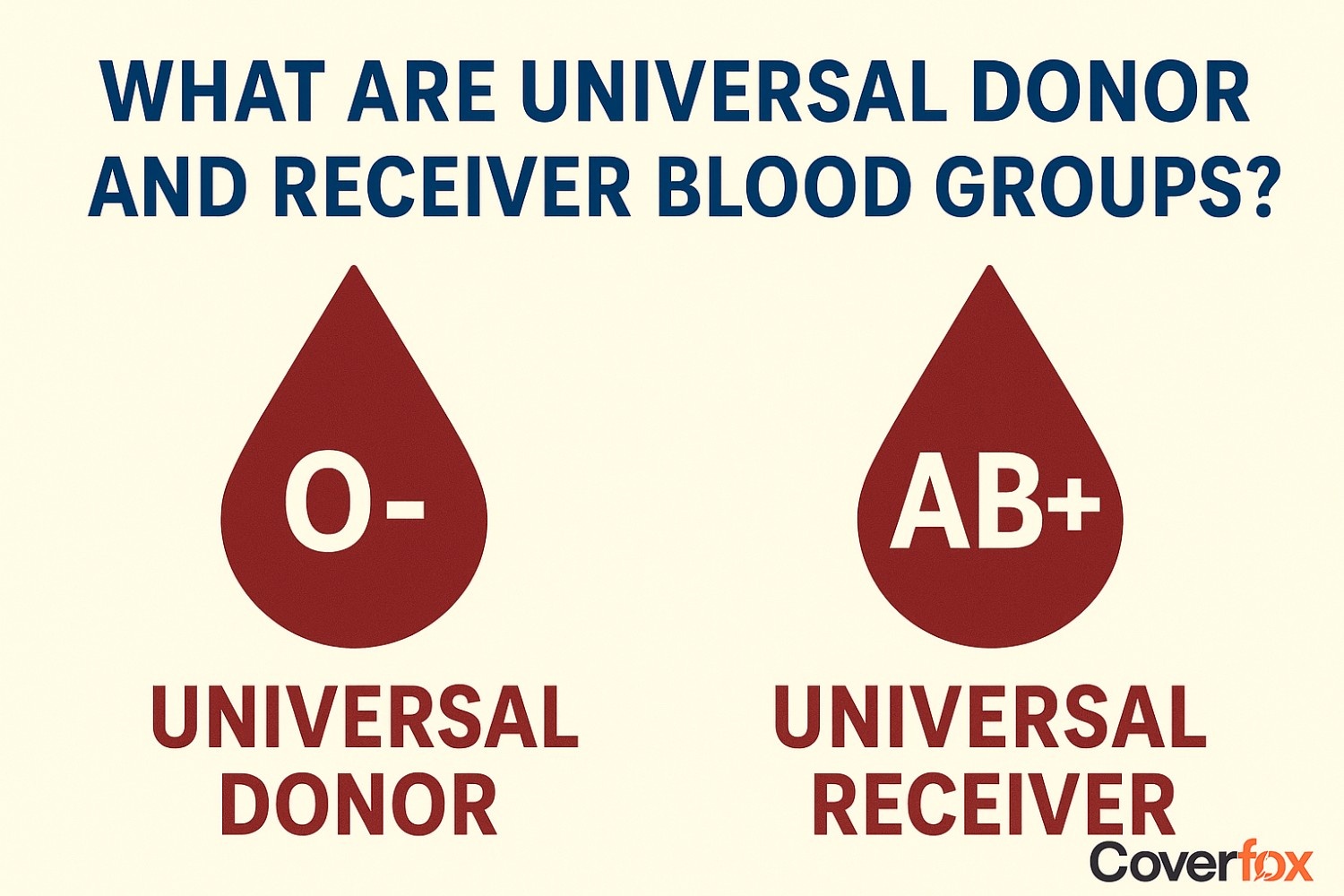
Here is where the universal donor and recipient blood groups enter the picture—with one being able to donate to anyone regardless of blood type, while the other can receive blood transfusions of any other blood type.
To understand these concepts further, the guide below provides detailed information regarding the universal donor and recipient blood groups.
Understanding Blood Types
Before understanding what is meant by a universal recipient blood group and a universal donor blood group, let us look at two key terms, namely antigens and Rh factor:
1. Antigens
These are substances that the body’s immune system can recognise, and they are present on the surface of red blood cells. If the immune system sees unfamiliar antigens, it may attack them with antibodies. Blood type depends on which antigens you have on your red blood cells. There are four main blood types:
- Type A has A antigens.
- Type B has B antigens.
- Type AB has both A and B antigens (this is the rarest blood type).
- Type O has no A or B antigens.
2. Rh (Rhesus) Factor
Blood also has another marker called the Rh factor, which contains 49 blood group antigens, of which the D antigen is the one with the highest priority. If the Rhesus factor (specifically the D antigen) is present, the blood type is positive (+). If the Rh factor is not present, the blood type is negative (−).
Blood Types Are the Universal Donor and Universal Recipient
The universal blood types are considered to be AB positive (AB+) and O negative (O-). AB+ is the universal receiver blood group, while O- is the universal donor blood group. In all, a person with AB+ blood can receive any blood type, while someone with O- blood can give blood to anyone regardless of type.
AB-Positive: The Universal Blood Recipient Explained
- AB-positive (AB+) blood type is called the universal recipient. This means a person with AB+ blood can safely receive blood from any other blood type — A, B, AB, or O — whether it is Rh positive or negative.
- People with AB blood (both positive and negative) are also universal donors of plasma.
- Plasma transfusions are important during emergencies like severe burns or heavy blood loss.
- If you have AB blood, especially AB+, donating plasma or platelets can make a big difference to patients in need.
O-Negative: The Universal Blood Donor Profile
- O-negative (O-) blood type is known as the universal donor. This means it can be safely given to people of any blood type.
- O-negative blood does not have A or B antigens, and it also lacks the Rh factor, which is a protein that determines the + or - in blood types.
- Because of this, O-negative blood is compatible with all other blood types and is least likely to cause an immune reaction during transfusions.
- Hospitals keep O-negative blood ready for emergencies, especially when there is no time to test the patient’s blood type.
Matching Donor Blood Types to Recipients
The table given below gives the list of recipient blood types with their matching donor blood types:
| Recipient Blood Type | Donor Blood Type |
|---|---|
| A+ | A+, A-, O+, O- |
| A- | A-, O- |
| B+ | B+, B-, O+, O- |
| B- | B-, O- |
| AB+ | Any blood type |
| AB- | AB-, A-, B-, O- |
| O+ | O+, O- |
| O- | O- |
Why Do Blood Types Need to Match in Transfusions?
A blood transfusion is required in case of a severe accident, cancer treatment, pregnancy, or if the body has a low count of red blood cells or blood components like plasma or platelets.
During this process, it is vital for blood types to match, or else individuals can have a haemolytic transfusion reaction if they receive the wrong type of blood. Although it is important to note that an allergic reaction can also occur for reasons other than blood mismatch.
The symptoms of an allergic reaction due to blood transfusion could include:
- Fever
- Chills
- Rash
- Itching
- Shortness of breath
To Conclude
Blood transfusions save lives, but it is important to match blood types correctly to avoid harmful reactions. The universal donor blood group (O-negative) can safely give blood to anyone, while the universal recipient blood group (AB-positive) can receive blood from any type. Knowing these blood groups helps healthcare providers in emergencies and thereby ensures safe and effective transfusions. Every blood type is important, and regular donations from all groups help maintain a ready supply when patients need it.
To ensure added financial safety and peace of mind in case of a sudden medical emergency, purchasing a health insurance plan is equally vital. Platforms like Coverfox can aid you in this process, assuring you of finding the right plan that offers attractive benefits as well as sits well within your budget!
Explore More:
What Is a Complete Blood Count (CBC) Test?
Everything You Need to Know About MCHC Blood Test
Normal Blood Pressure Range for Different Age Groups
FAQs on Universal Donor and Recipient Blood Group
What is the universal donor blood group?
The universal donor blood group is known to be O-negative (O-), which is why hospitals keep this blood type ready for emergencies.
What is the universal recipient blood group?
The AB-positive (AB+) type is called the universal receiver blood group. It can safely receive blood from any other blood type, such as A, B, AB, or O, whether it is Rh positive or negative.
Can AB+ individuals donate blood to anyone?
No, since individuals with an AB-positive blood type belong to the universal acceptor blood group, they cannot donate to other individuals. However, their blood can be given to those with the AB blood type.
What are the rarest blood types in India?
In India, the rarest blood types are AB-, AB+, B-, and A-, as these groups occur with the lowest frequency among the population.
.webp)
 in Insurance.webp)
